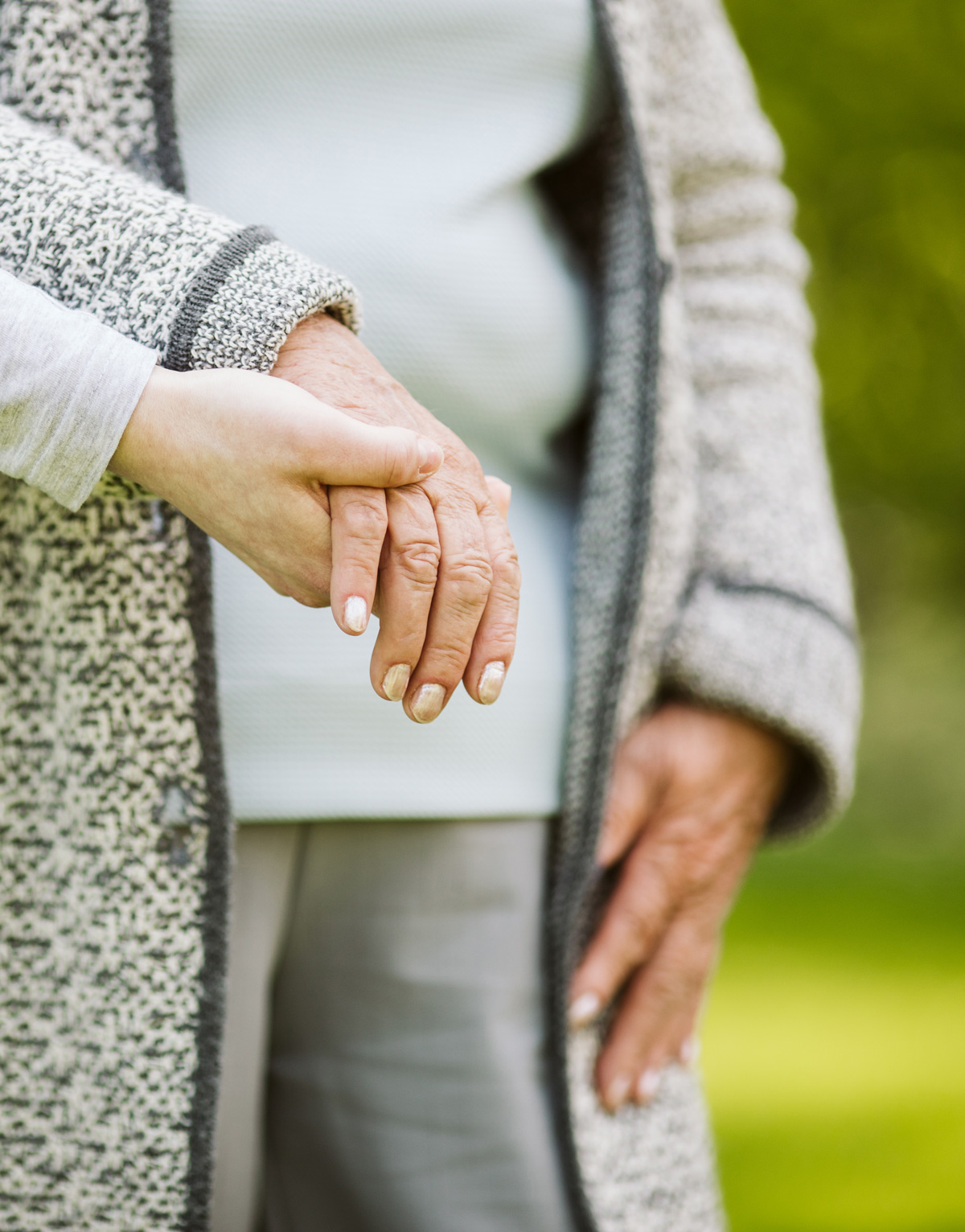When you think about what it means to “age well,” what comes to mind?
For most of us, aging well probably means remaining physically healthy and free from debilitating illnesses or injuries – and certainly, that is important to having a positive aging experience. But our physical health is only one piece of the healthy aging puzzle. To get the most out of our later years, it’s also critical to maintain good social, financial, and particularly mental health.[1] Making positive changes that sustain all four dimensions of our lives is key to a healthy aging process.
September is recognized as Healthy Aging Month in the U.S., and it’s a good reminder to not only check in with your residents’ physical health but their mental health as well. And you may be surprised by how interconnected our minds and bodies truly are; each needs to be nurtured and nourished so the other can thrive. So read on for tips on how you can help protect and improve your residents’ mental health so they can enjoy their later years for as long as possible.
Strong Muscles, Strong Bones, Strong Minds
Older adults often shy away from physical activity due to issues with managing pain, fear of balance or coordination problems, or a lack of confidence in their strength and abilities. But regular exercise is just as important in our later years as it is when we’re younger – and it’s never too late for your residents to start an appropriate physical fitness regime under the guidance of a physician.[2]
Helping your residents stay active has plenty of physical benefits, like making it easier for them to maintain a healthy weight[3] while postponing disability, preserving bone and muscle mass, and helping to prevent falls. But exercise can also have a significant positive effect on their mental health. Regular activity can help your residents get better sleep, improve their self-confidence, strengthen brain function[4] and reduce symptoms of depression.[5] If your residents are ready to embark on a fitness routine, help them find a type of exercise that’s right for them with their input and their physician’s assistance.
The Connection Between Routine Health Maintenance and Improved Mental Health
It may be surprising, but many non-life-threatening conditions we commonly associate with the aging process can have a very negative effect on your residents’ mental health.
For example, vision and hearing loss have both been associated with an increased likelihood of depression in older adults. Research shows that seniors with vision impairments experienced symptoms of depression more than twice as often as patients with non-impaired vision.[6] And hearing loss has been shown to cause depression, anxiety, and hostility in seniors.[7]
But the news isn’t all bad – older adults who treat hearing and vision impairments with the help of assistive devices have shown success in counteracting associated mental health effects.[8] And diagnosing and treating visual and hearing impairments is easy – just make sure your residents get access to regular screenings and check-ups with a trained specialist.
Maintaining a Healthy Brain
Many older adults are at risk of experiencing cognitive decline in their later years. But there are ways you can help forestall cognitive issues by helping your residents manage their brain health each and every day.
Encourage your residents to challenge their minds as often as possible – that can mean trying out different hobbies, learning a new skill, or working puzzles. Ongoing preventative healthcare also plays an important part in helping your residents maintain good brain health. Studies have shown that hearing loss can contribute to the effects of dementia,[9] possibly because older adults who can’t hear well are more likely to cut themselves off from social interactions for fear of misunderstanding others’ speech. Similarly, vision loss has been shown to have a negative effect on mental health.[10]
Helping your residents take positive steps toward improving and maintaining their mental health is simple, but it can have an outsized effect on their quality of life. During Healthy Aging Month, let’s all commit to doing everything we can to make sure our residents have the best possible aging experience and get the most out of their golden years.
 Home Page
Home Page Home Page
Home Page

 Share to Twitter
Share to Twitter
 Share to Linked In
Share to Linked In

